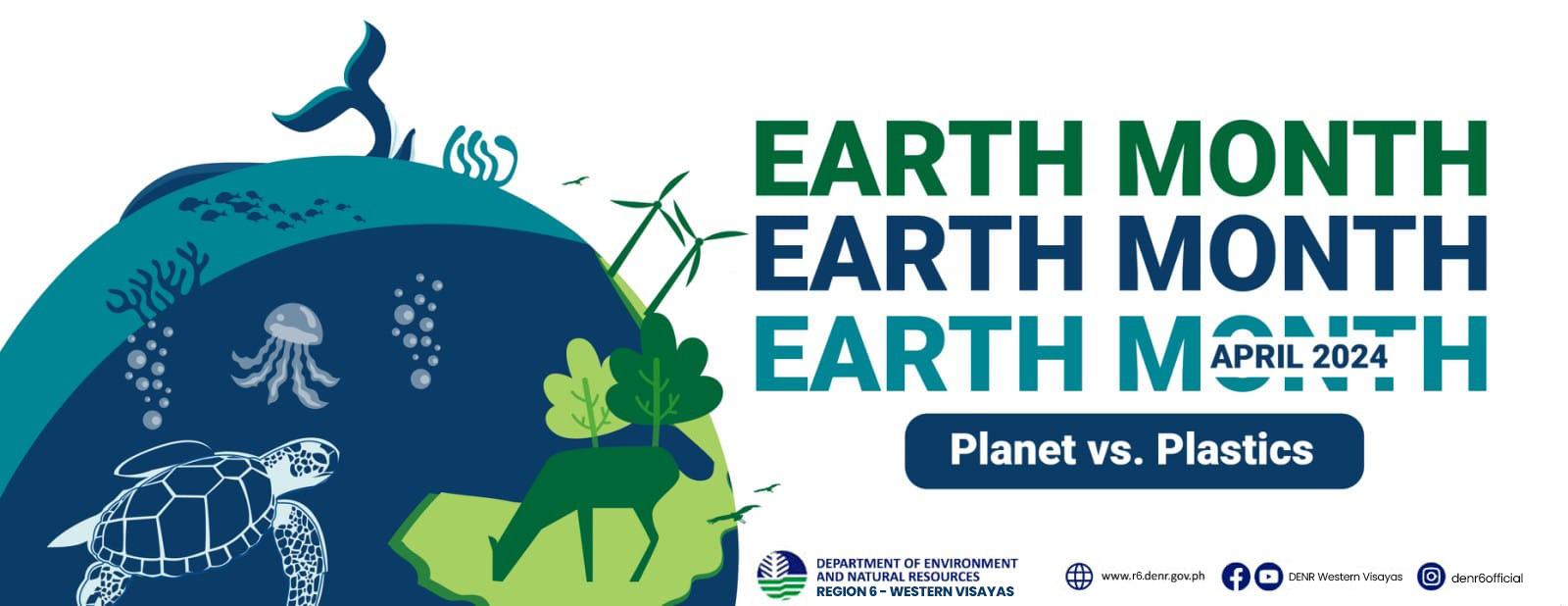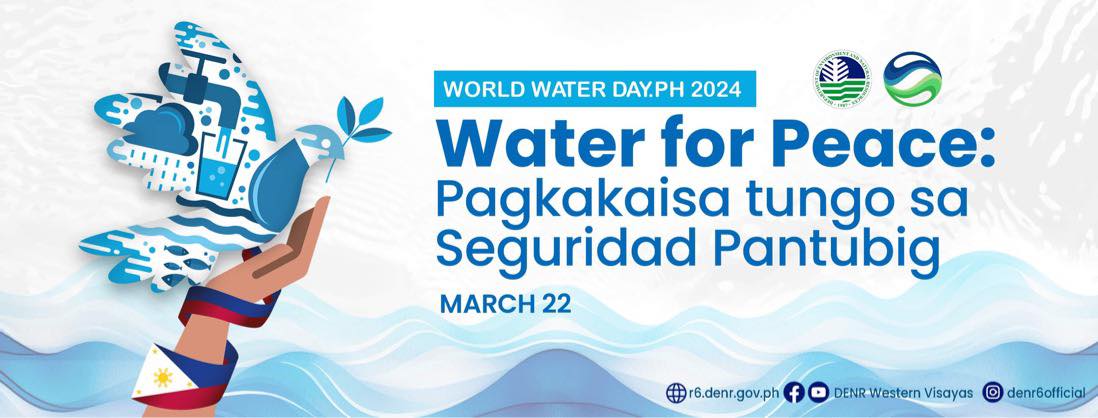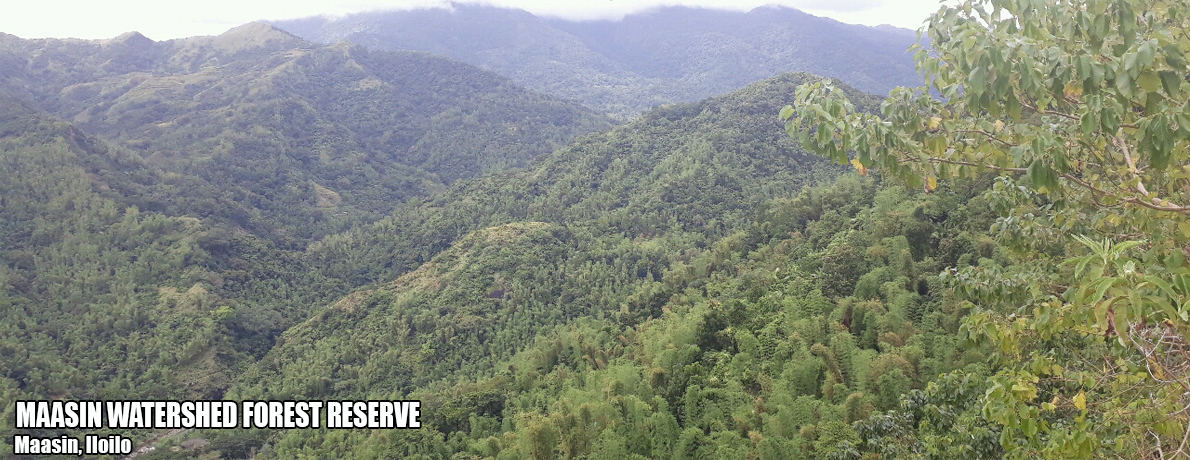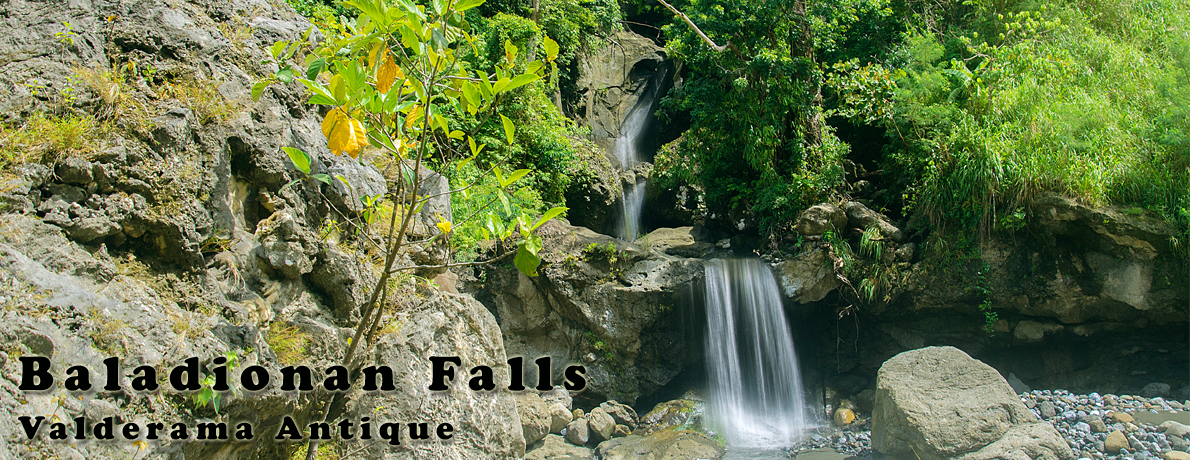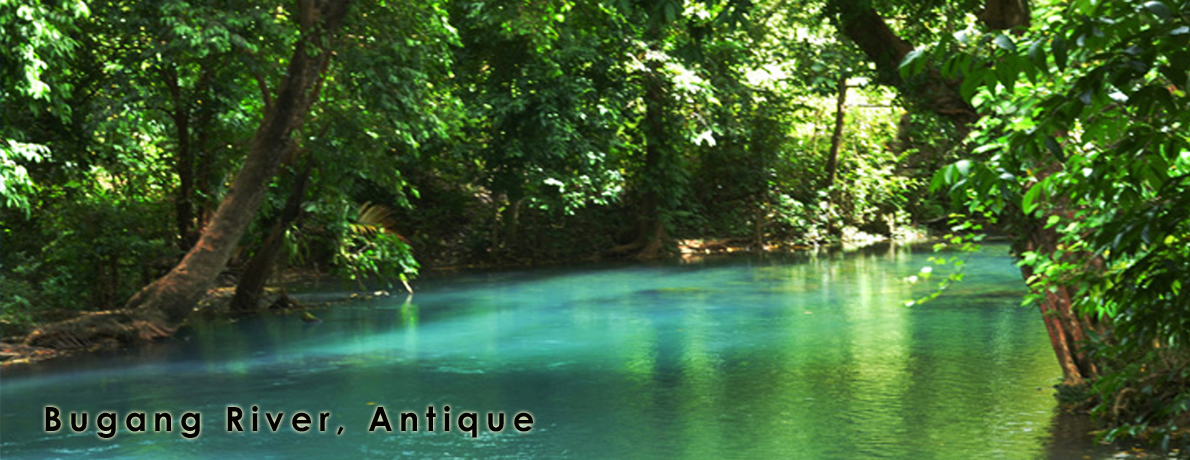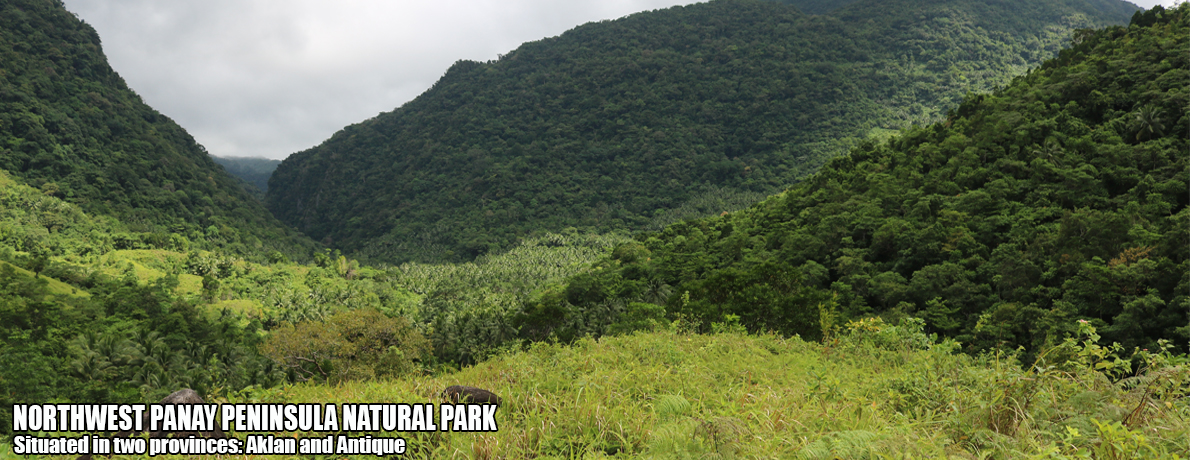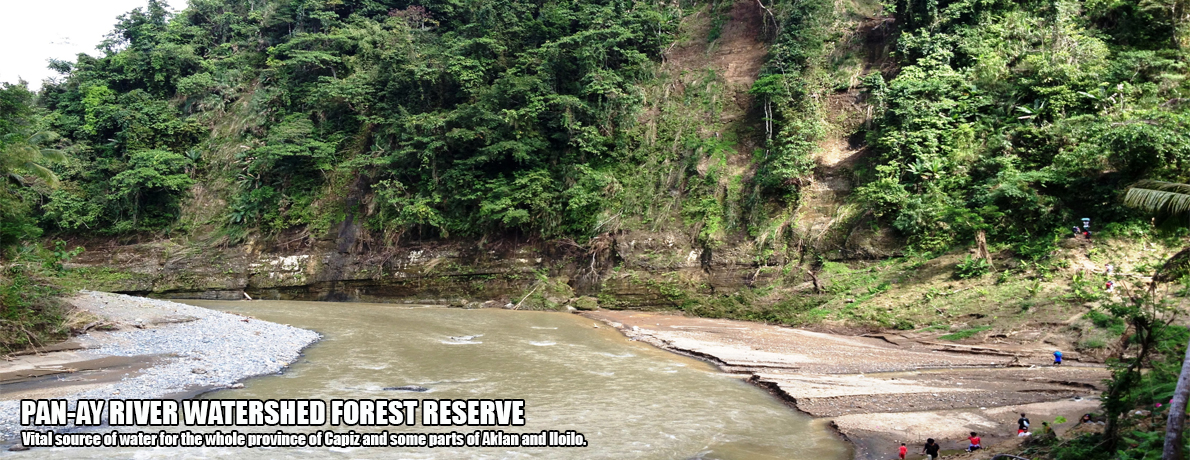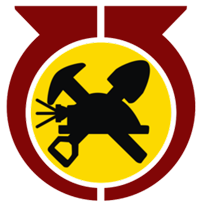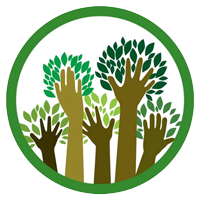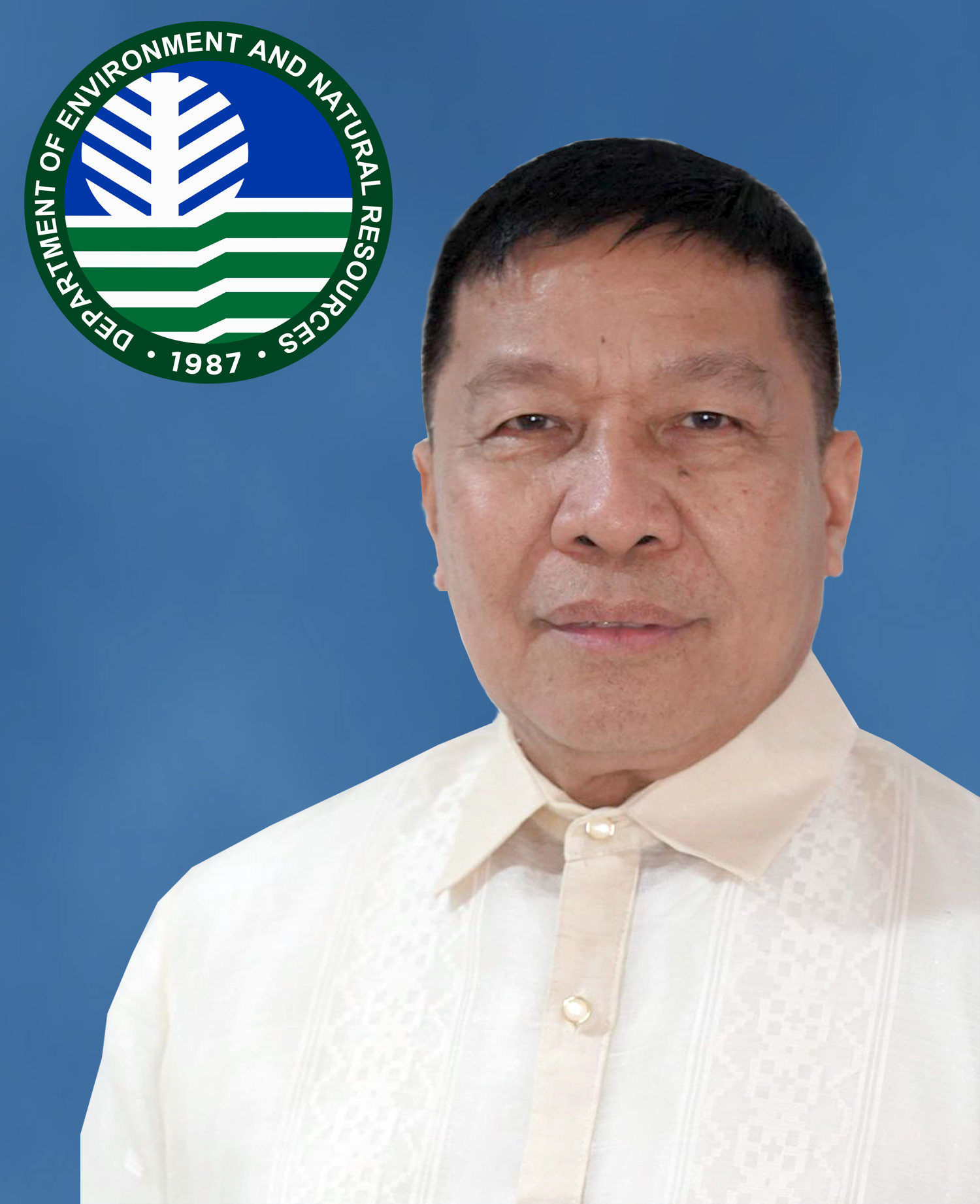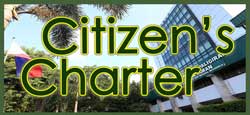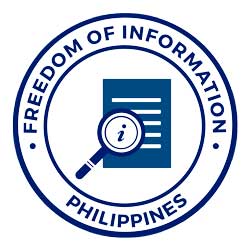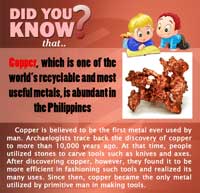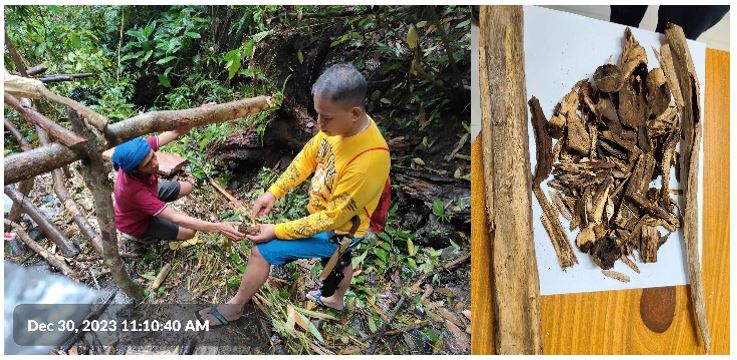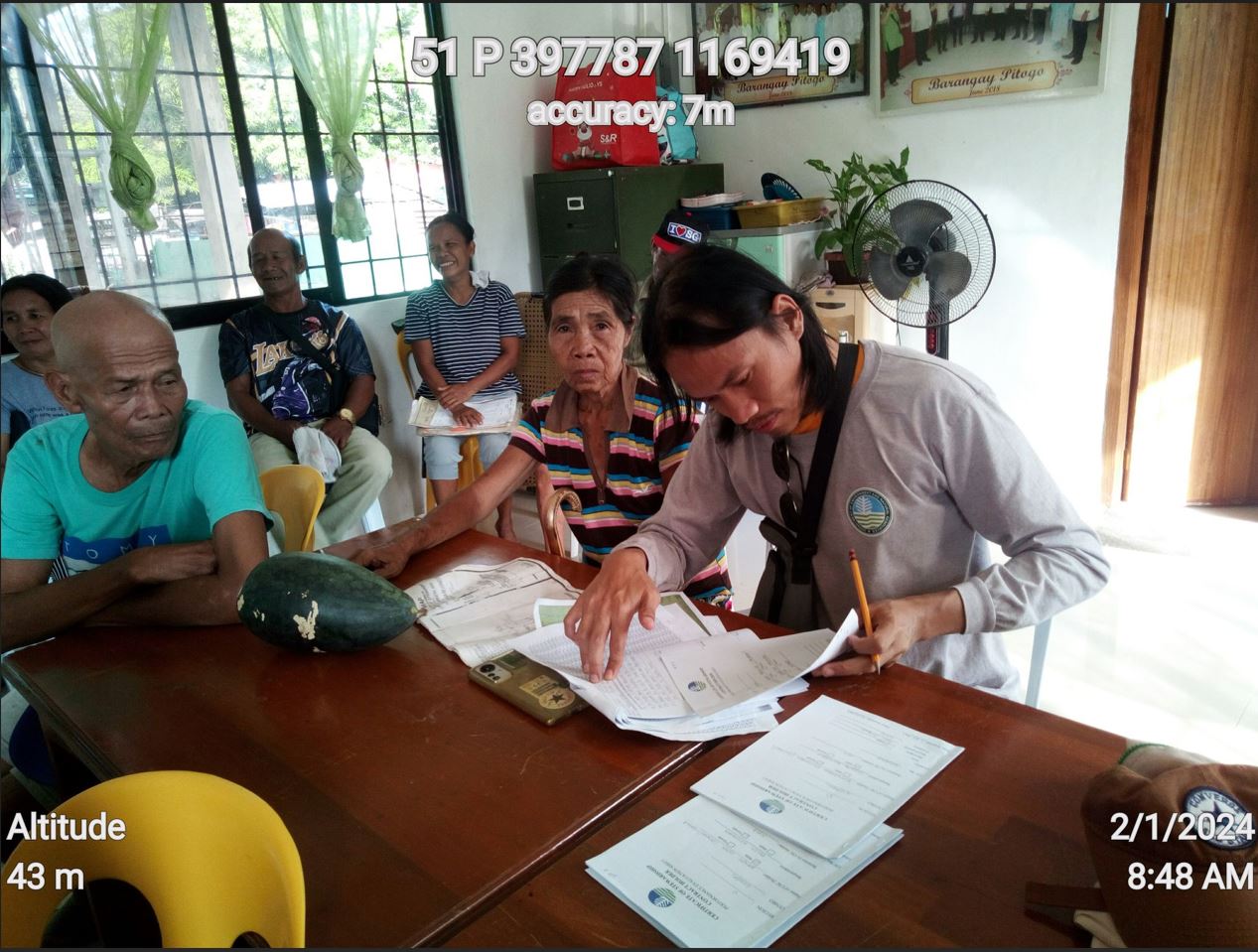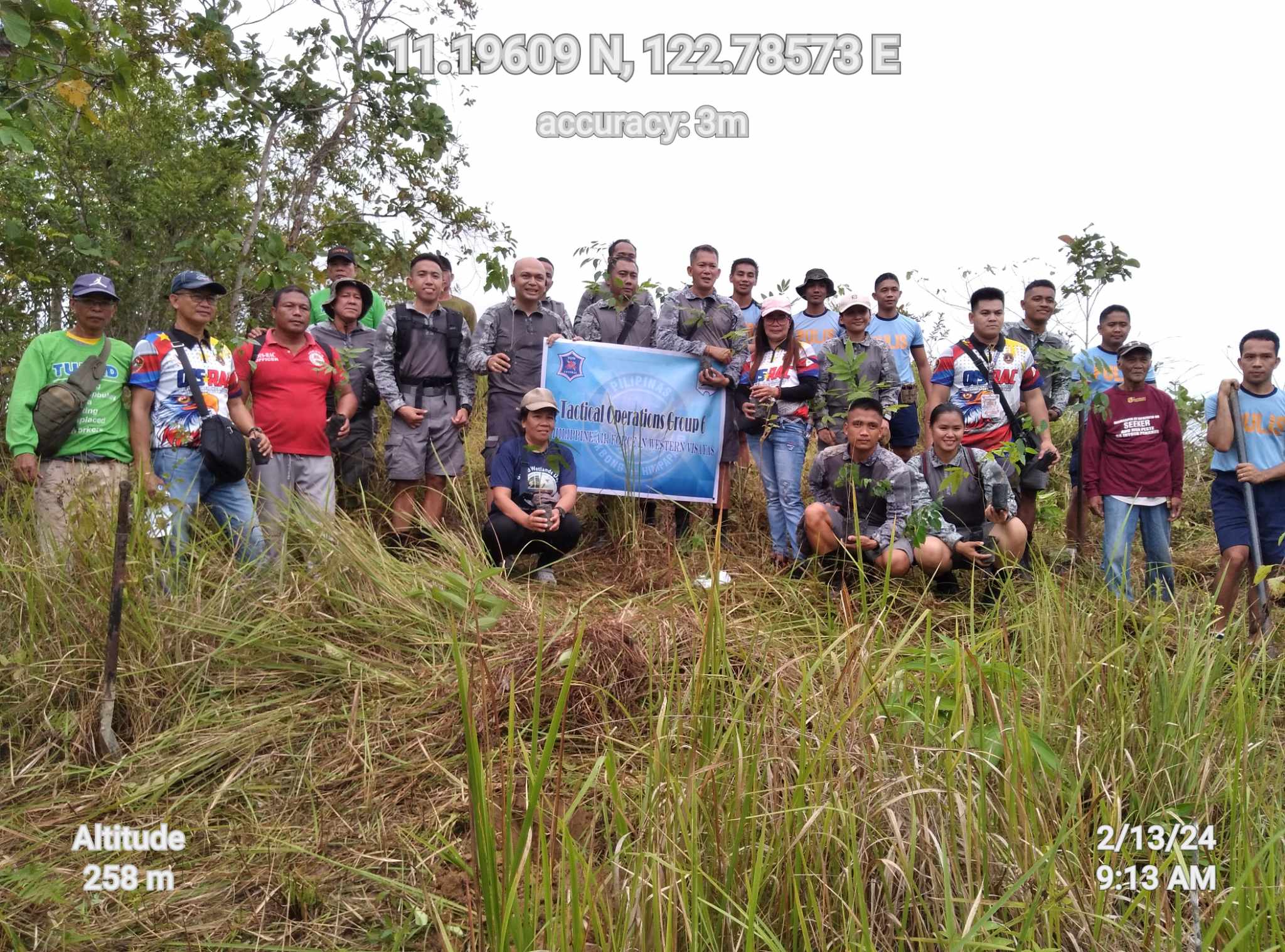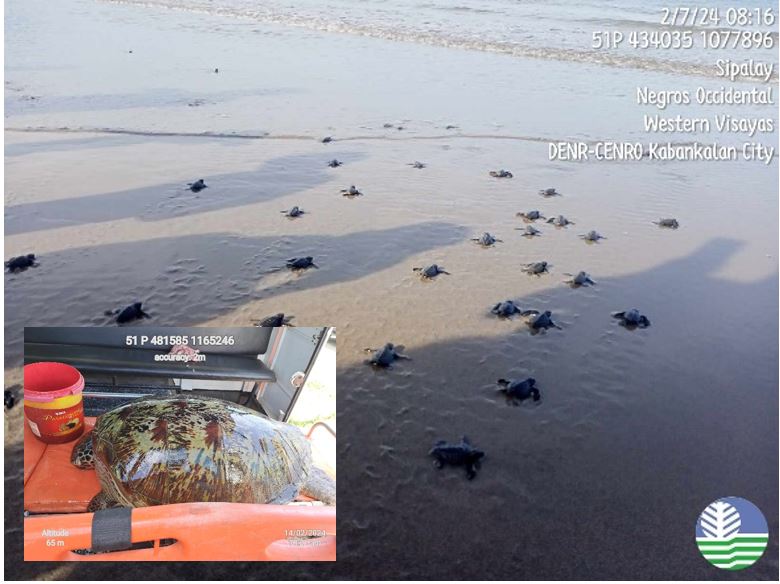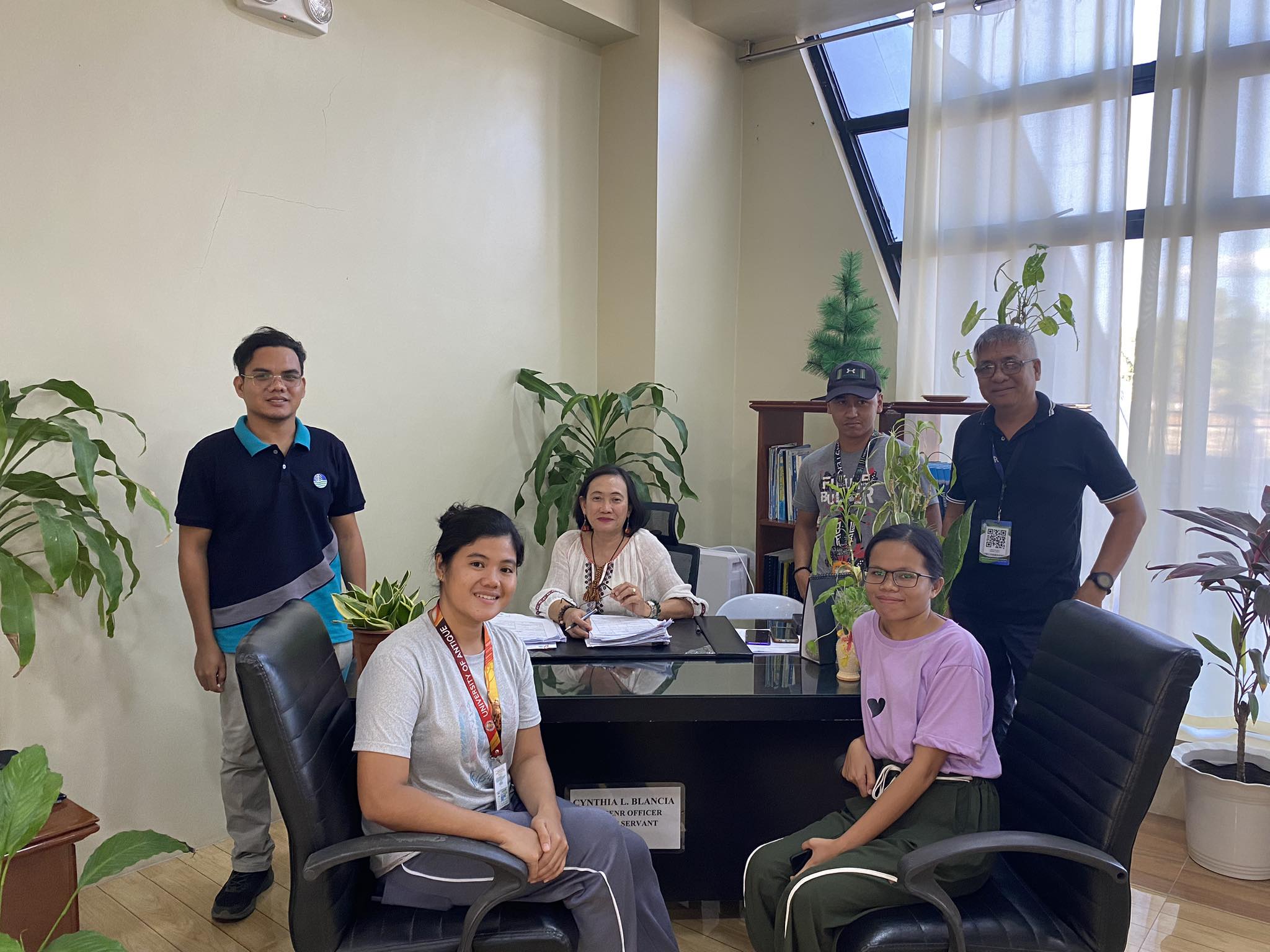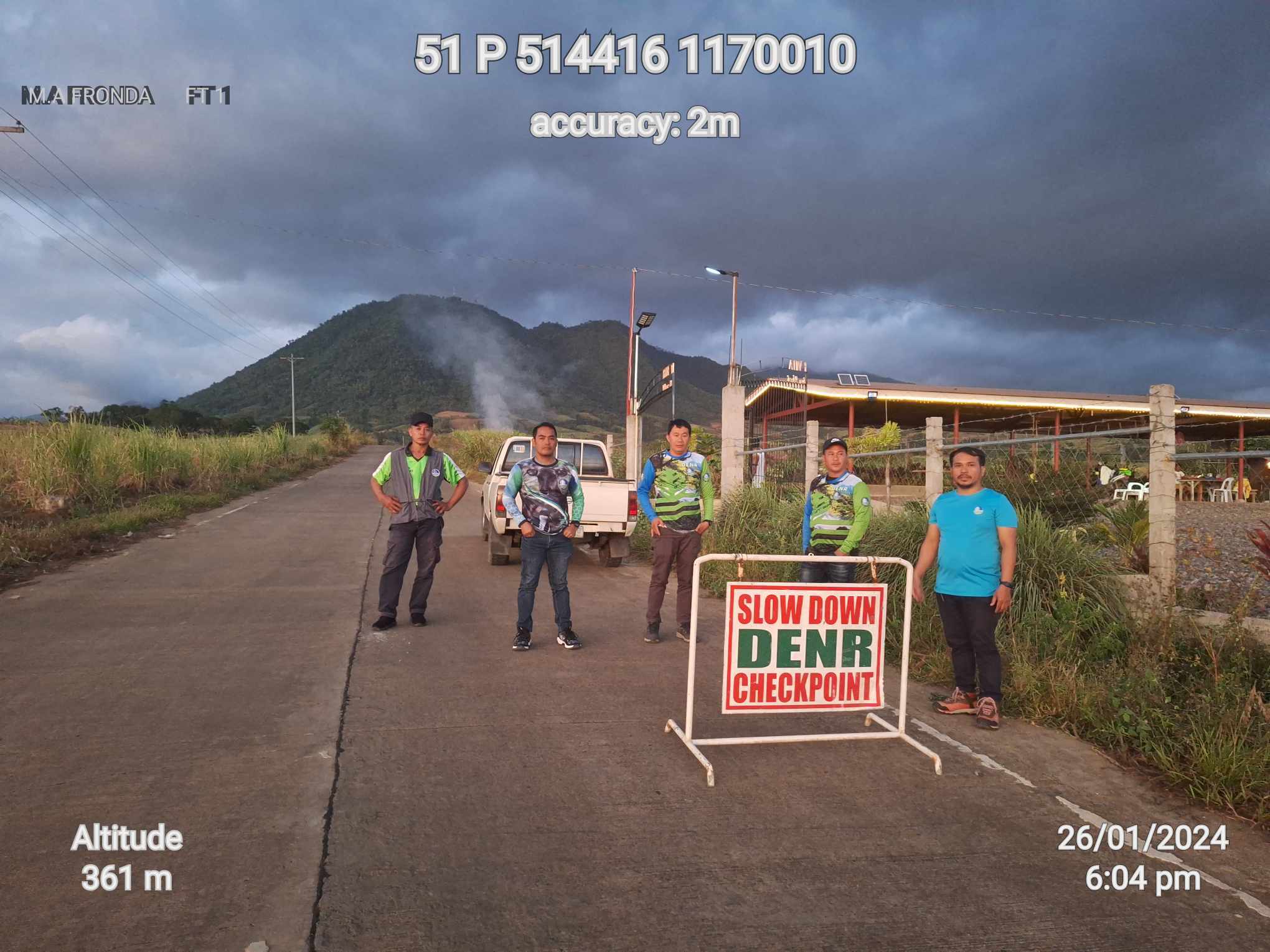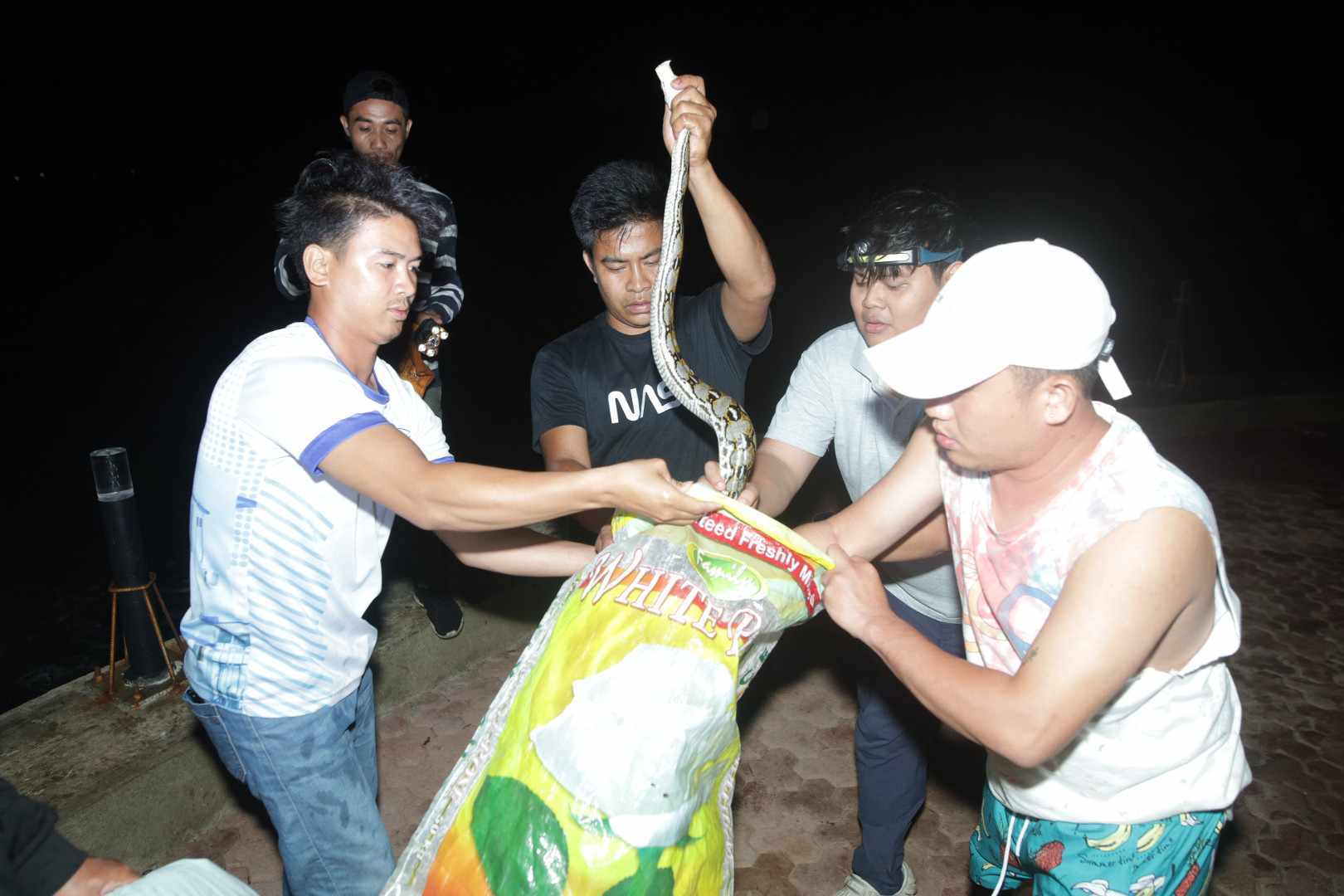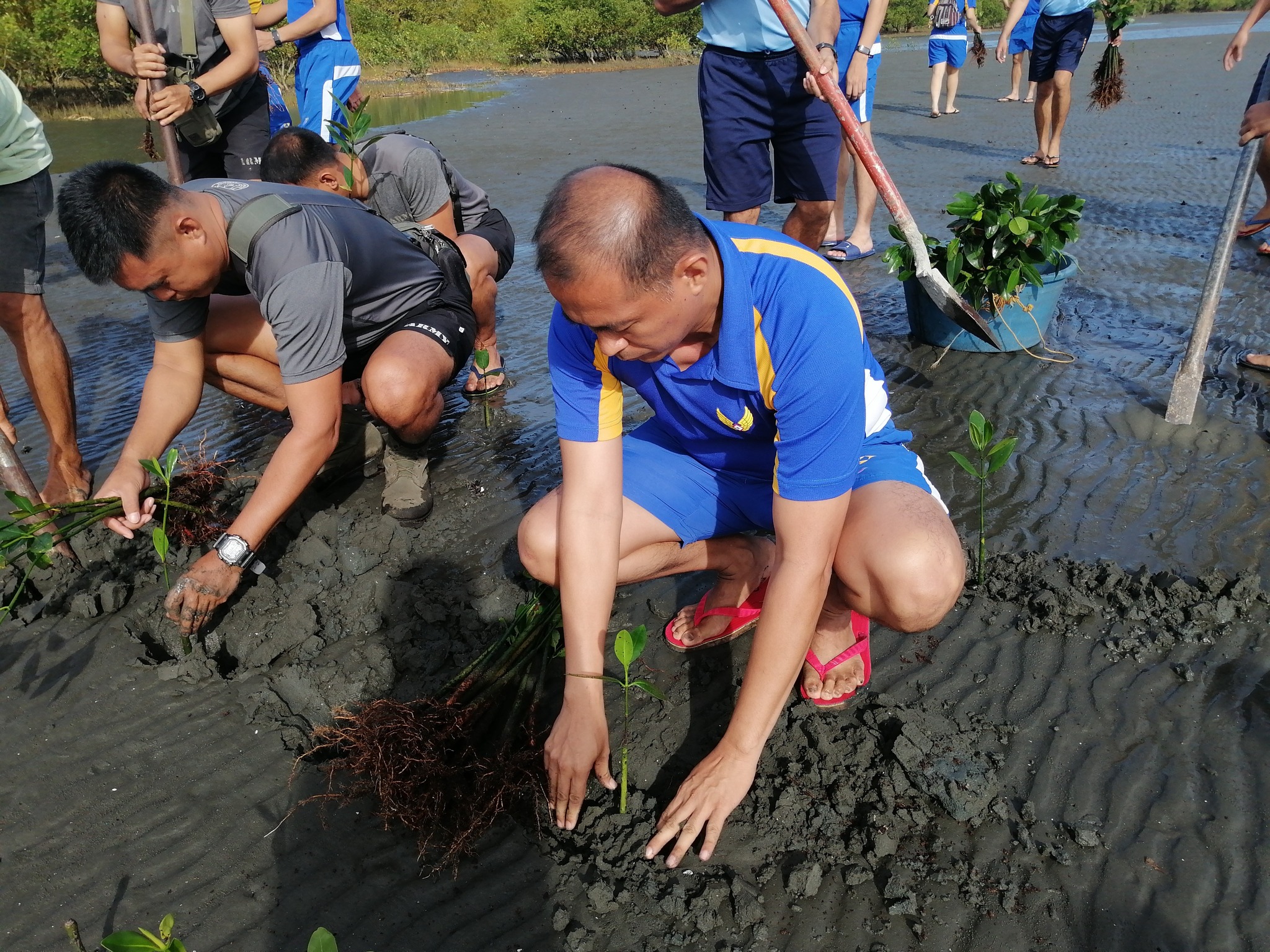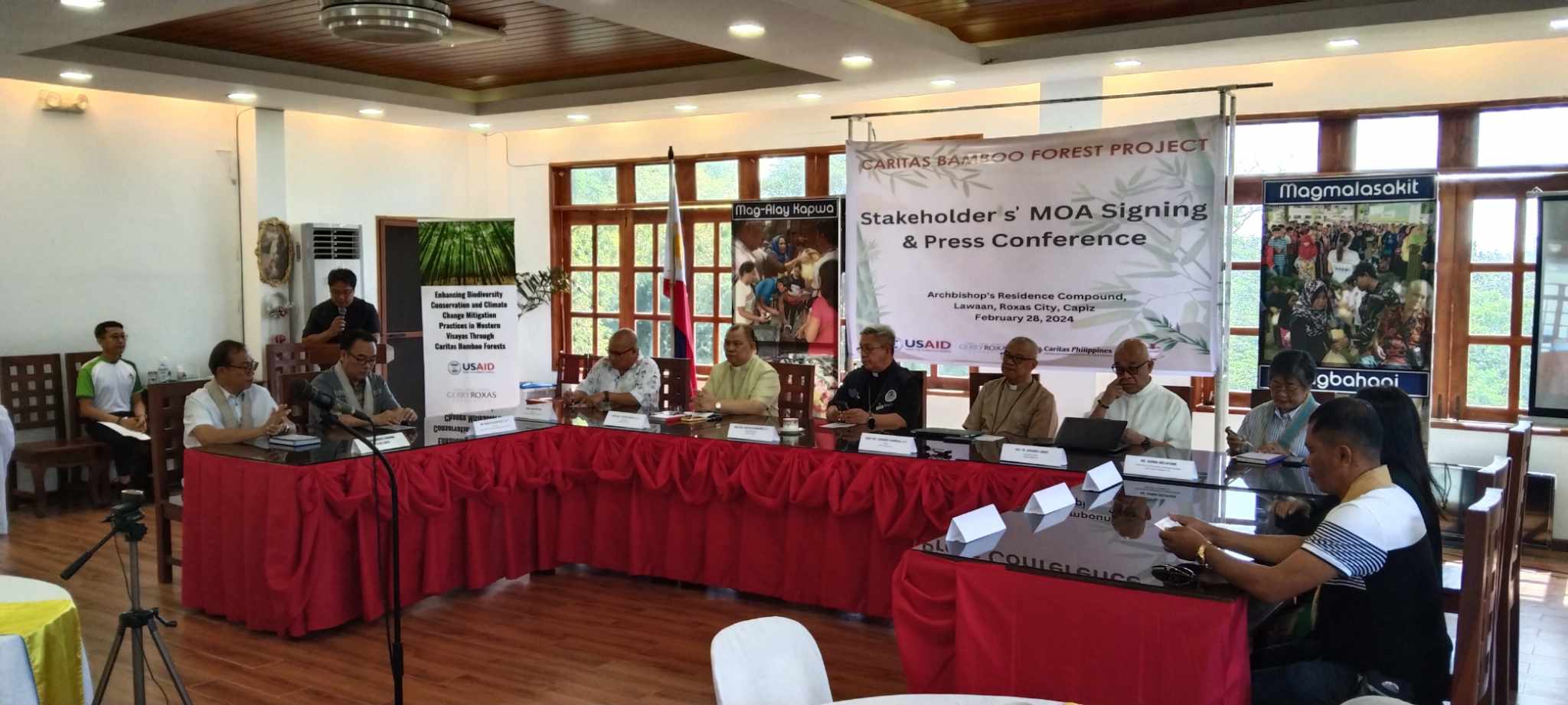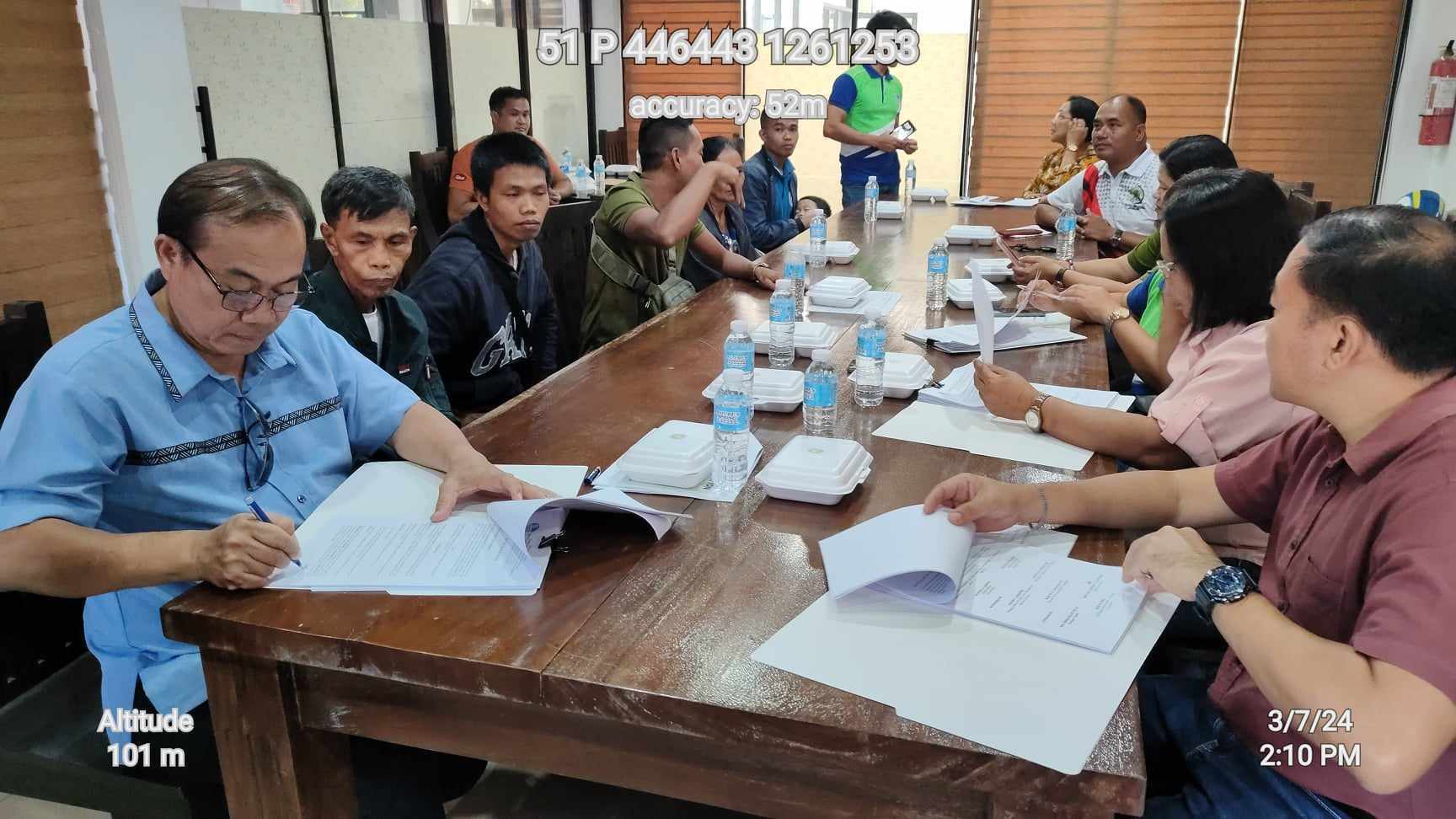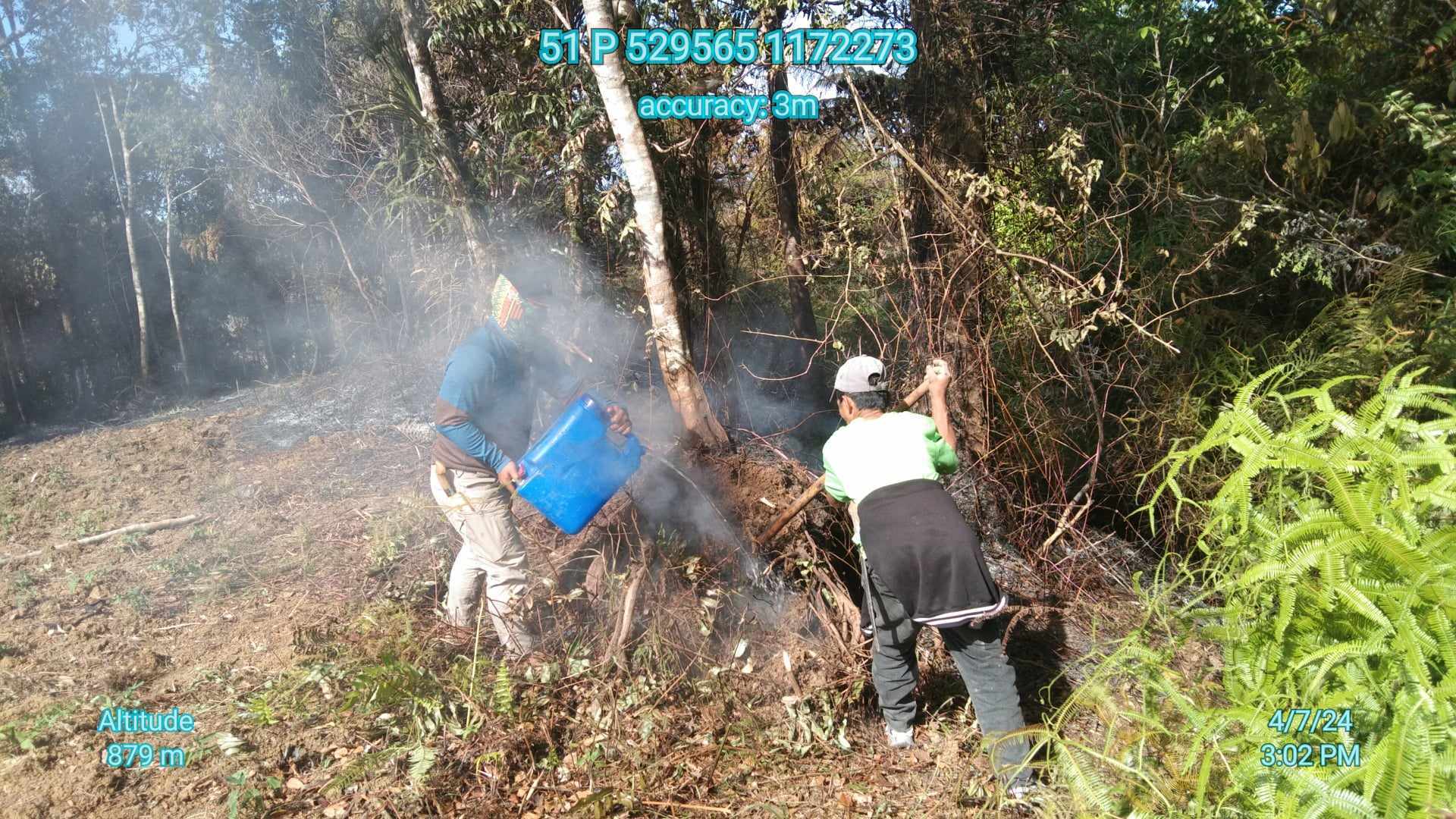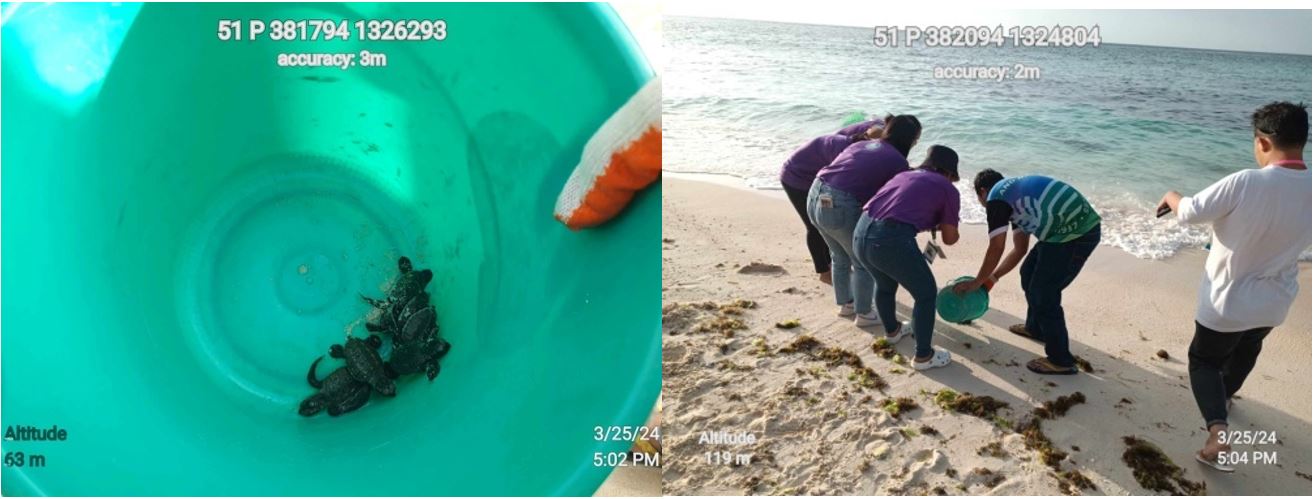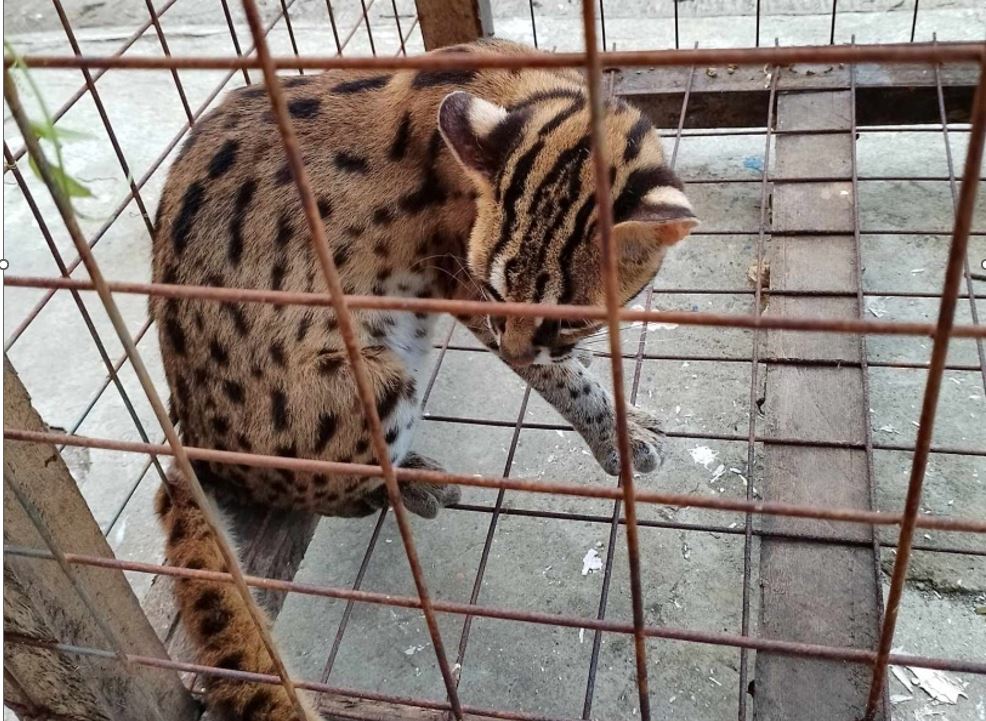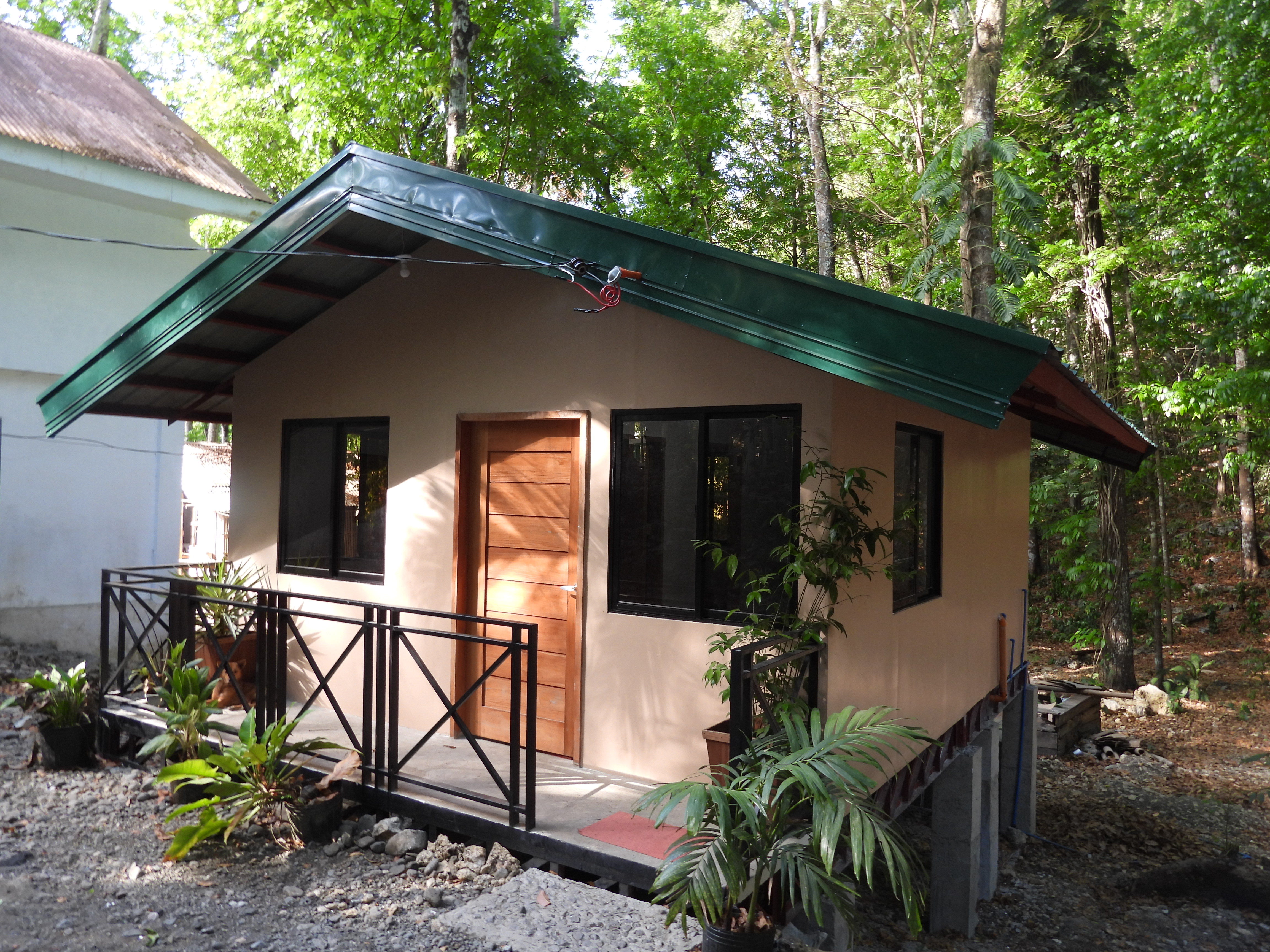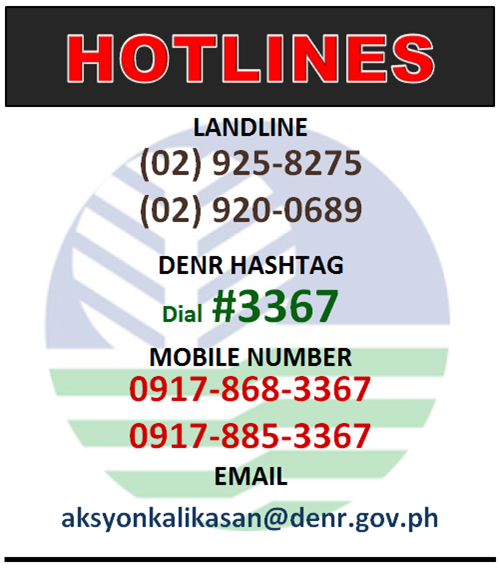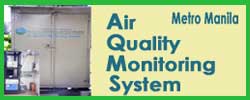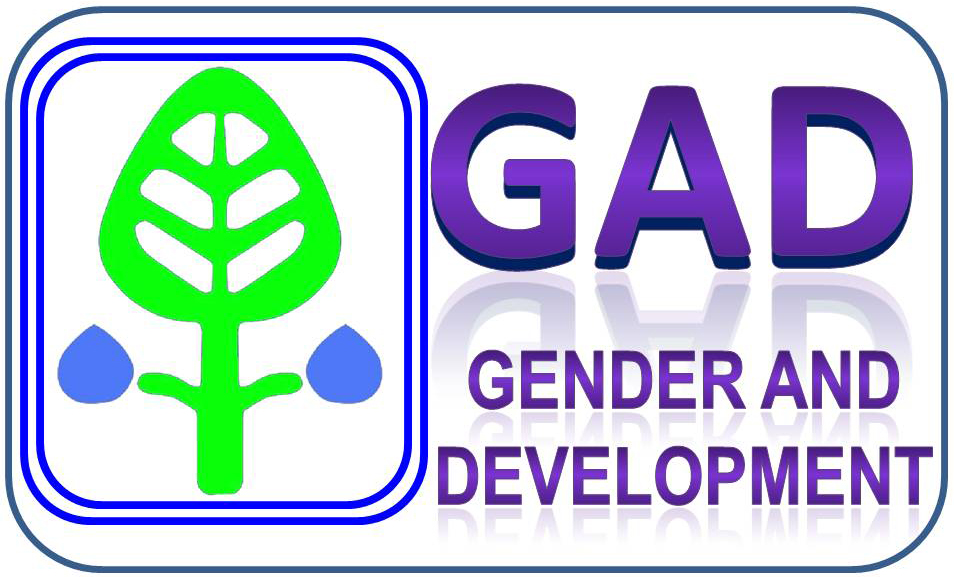The Department of Environment and Natural Resources (DENR) recently launched a five-year project designed to deal with the growing problem of electronic waste or e-waste, which contains hazardous substances like mercury and lead.
Last March 2, the DENR -- through its Environmental Management Bureau (EMB)-- conducted an inception workshop for the new project aimed at protecting human health and the environment through sound management of Polychlorinated biphenyls (PCBs) for electric cooperatives and Polybrominated diphenyl ethers (PBDEs) in e-wastes.
PCBs and PBDEs are highly toxic chemicals of global concern that are targeted for elimination under the Stockholm Convention on Persistent Organic Pollutants (POPs), an international treaty to which the Philippines is a party.
The Global Environment Facility (GEF) is funding the project with a grant of US$6.2 million with the United Nations Industrial Development Organization (UNIDO) as the GEF implementing agency. Public and private stakeholders, including the Development Bank of the Philippines, are also co-financing the project worth over US$35 million.
"We welcome the support of GEF and UNIDO in this project to address the management and disposal of PCBs and PBDEs," said DENR Assistant Secretary Rommel Abesamis.
He added: "This is a long standing global issue. However, for a developing country like ours, so much have to be learned about POPs, especially by the workers who are vulnerable to exposure and by women whose exposure can be passed on to their children."
Dr. Carmela Centeno, UNIDO project manager and industrial development officer, said in a project brief that among the targeted outcomes are strengthened legislation and institutional capacity in implementing the PBDE Action Plan, as well as the reduction and eventual elimination of POP-PBDE releases from e-wastes to mitigate adverse potential health and environmental impacts.
Another key outcome is the effective implementation of the management plans of selected electric cooperatives for PCB oil and PCB-contaminated transformers, capacitors, circuit breakers and other electrical equipment.
The project will support the safe disposal of 600 tons of PCB oil and PCB-contaminated equipment from 26 of the country's 121 electric cooperatives, as well as 1,150 kg of PBDEs from 50,000 cathode ray tube (CRT) monitors.
It will further ensure the safe disposal of around 225 tons of lead-containing glass.
Executing government partners include the EMB (the lead executing agency), the National Electrification Administration, and the Natural Resources Development Corporation, the DENR's corporate arm.
Also involved in the project are EcoWaste Coalition and the Medecins du Monde from the civil society; and the Cebu Common Treatment Facility Inc. and the Integrated Recycling Industries Philippines Inc. from the private sector. ###

